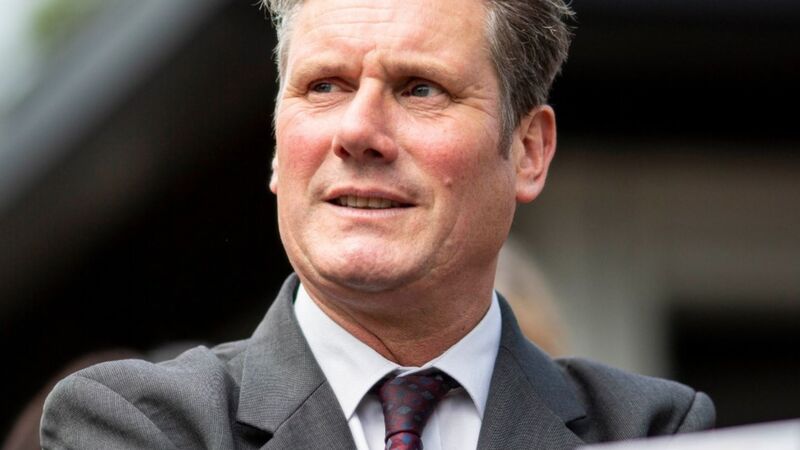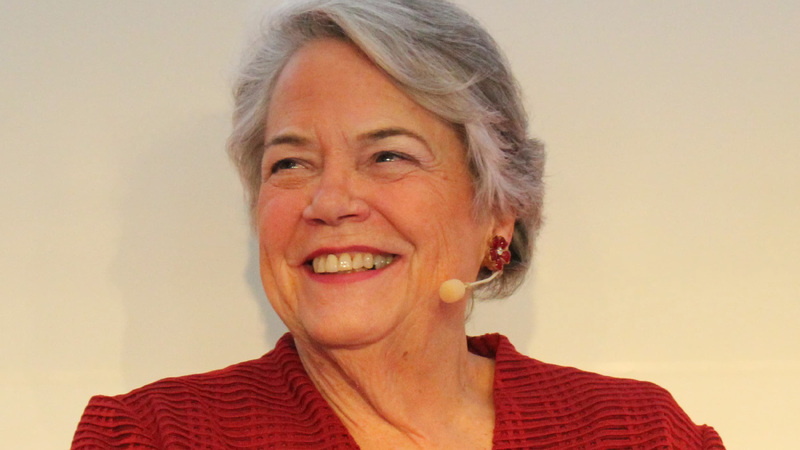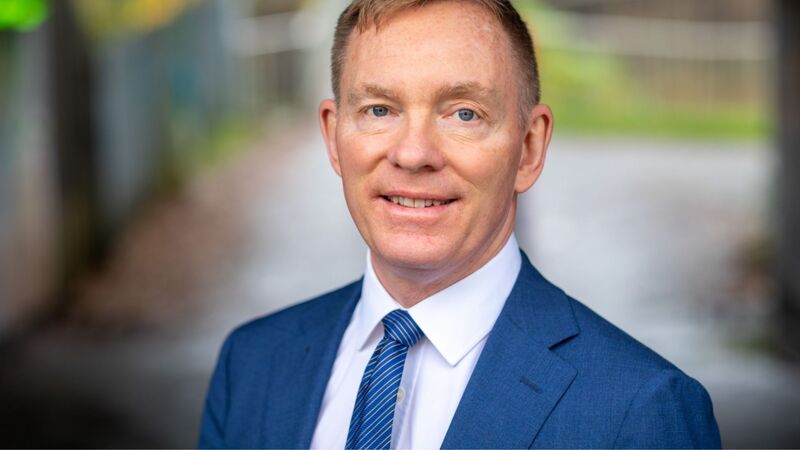You are viewing your 1 free article this month. Login to read more articles.
Political class has 'sold out' on Brexit, Clarke tells publishers
The entire political class has "sold out" on Brexit, Ken Clarke MP told delegates to the IPG Conference, as he discussed the government's current "astonishing and complex" task of negotiating a new relationship with the European Union and rest of the world.
Speaking at the second day of the IPG Spring Conference in Oxfordshire on Thursday (8th March), Clarke, who has held numerous roles in government including chancellor and home secretary, addressed delegates on issues including the outlook for the economy and the impact of Brexit on business.
Discussing "the elephant in the room", of Brexit and the UK's relationship with the European Union, Clarke said: "For the last 50 years we have been developing – both in the Western world and globally – rules based on international order, a whole collection of agreements particularly relating to trade based on relationships with the EU. We now need to think of new ways of doing this. It's the most astonishing and complex task, and it's not going very well. It's something of a shambles."
According to the former Home Secretary, the current political situation in the UK is indicative of a wider structural breakdown in world politics. "Across the whole Western world, the ordinary rules of politics are breaking down", Clarke said. "We're going though historic turmoil where the established order of parties or blocks of parties are not held in high regard by most populations – instead they're held in contempt."
He added: "Populations are now looking to people with straight views and simple solutions. They want to protest that they've not been benefiting from what the elite see as a successful growing economy or a ever higher quality of life. This is why Trump, Brexit, the Five Star Movement in Italy is happening. Everywhere has got extremes rights and left, and even when they don’t win elections they disrupt the normal political order. In the UK our political order has broken down. Both parties are hopelessly divided on the EU."
The referendum result came as a total surprise of the entire political establishment, said Clarke, who argued that "nobody on either side, thought for one moment" that the Leave campaign would win. "Nigel Farage and Boris Johnson [who campaigned for Leave] were as shattered as George Osborne and David Cameron [who were Remainers] when result was announced. Nobody had made the slightest preparation on what leaving meant".
He added that the referendum result was "endowed with a kind of religious quality".
"We were ordered by the masters – the people – to leave the EU and that could not be questioned. Now there are only two MPs left in the House of Commons – me and (Labour Party MP) Paul Farrelly - [that are fighting against it], even though most of them didn’t agree with it. The entire political class has sold out to the referendum”.
Numerous aspects of life, including business, are being adversely affected by the continuing uncertainty, which is getting "more troubling" as time goes by, said Clarke. Britain has spent most of the past two years negotiating with itself, rather than the rest of Europe, thinking that we will just get what they want, said Clarke, which he dismissed as "naive and absurd".
"You’re talking about us leaving the biggest and richest free trade area in the world which achieves good free trade because it has all the things a good free trade agreement should have: agreement on tariffs, customs processes, regulatory compliance… it's naive and absurd to think other nations are just going throw their doors open and offer us great trade deals," he said.
Politicians have spoken on the subject of Brexit at the IPG Conference before. At the 2016 event, former business secretary Vince Cable predicted Brexit will lead to “gross uncertainty, legal challenge and mess”.
“We’ve all been used to a world of ever expanding horizons, trade barriers falling, communications improving, technology helping more people and connecting internationally… [but we can’t] assume that that will continue to exist, because for the first time in my life, we’re beginning to see very powerful pressures for disintegration, rather than integration,” he said at the time.



















